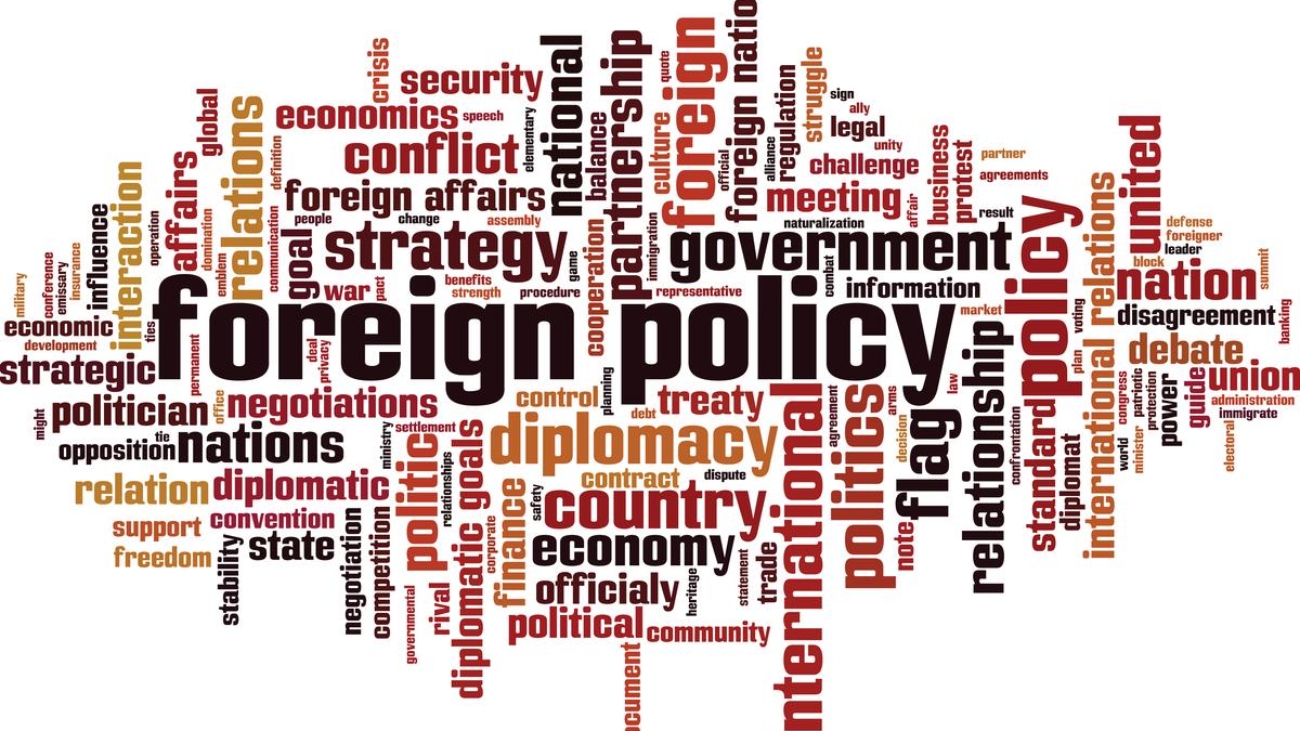National security and foreign policy play crucial roles in shaping a country’s standing in the world. Within the United States, the executive Senate, composed of the branch and the Senate, holds significant influence in these areas. This blog will delve into the intricate dynamics of the Executive Senate, exploring its powers, responsibilities, and the delicate balance it must strike in advancing national security and foreign policy objectives.
Understanding the Executive Senate:
The Executive Senate represents the synergy between the executive branch, led by the president, and the Senate, comprising elected representatives. Together, they form a critical body that shapes and oversees matters of national security and foreign policy. By understanding their composition and roles, we can grasp the mechanisms that drive decision-making in these crucial areas.
The Executive Senate’s Oversight Powers:
One of the core functions of the Senate is to provide checks and balances to the executive branch. This includes rigorous oversight of decision-making in national security and foreign policy. Through hearings, investigations, and confirmations, the Senate ensures accountability and transparency in the actions of the executive branch.
Legislative Influence on Foreign Policy:
The Senate wields legislative powers that enable it to shape foreign policy through the passage of laws and resolutions. By crafting and enacting legislation, the Senate can directly impact diplomatic relations, trade agreements, and defense policies. Its role in authorizing the use of military force and providing funding for defense and foreign aid further solidifies its influence.
Executive Authority and Decision-Making:
The executive branch, headed by the president, holds significant authority in formulating and implementing national security and foreign policy. However, the Senate plays a crucial role in this process through. Its power to confirm key branch officials, including the Secretary of State and Secretary of Defense. This confirmation process ensures a balance of power and expertise within the executive branch.
Senate Committees and Their Impact:
Senate committees focused on foreign relations and defense matters play a pivotal role in shaping foreign policy and overseeing defense-related issues. The Committee on Foreign Relations and the Committee on Armed Services, among others, conduct hearings, propose legislation, and provide recommendations that shape the direction of national security and foreign policy initiatives.
Case Studies:
Examining historical and contemporary case studies can shed light on the Executive Senate’s impact on specific national security and foreign policy issues. Examples may include debates over military interventions, trade agreements, arms control treaties, and intelligence oversight. By analyzing these cases, we can gain insights into the Senate’s influence and decision-making processes.
Challenges and Controversies:
The Executive Senate’s involvement in national security and foreign policy is not without challenges and controversies. Balancing the need for authority and decisive action with Senate oversight can often lead to tensions and debates. Issues like war powers, intelligence surveillance, and the extent of discretion in foreign affairs are frequent subjects of contention.
The Future of the Executive Senate:
As the world evolves, the Executive Senate must adapt to emerging global trends and technologies that impact national security and foreign policy. Evaluating potential reforms or adjustments to enhance the effectiveness and efficiency of the Senate is essential for addressing future challenges and ensuring the nation’s security interests.
Conclusion:
The Executive Senate, with its interplay between authority and Senate oversight, is a crucial component of the United States national security and foreign policy apparatus. Achieving a delicate balance between the two is essential for effective governance, safeguarding constitutional principles, and advancing the nation’s interests on the global stage. And more amazing topics read so data visit FinBiz Tech.



